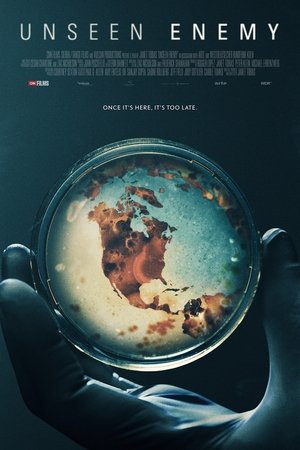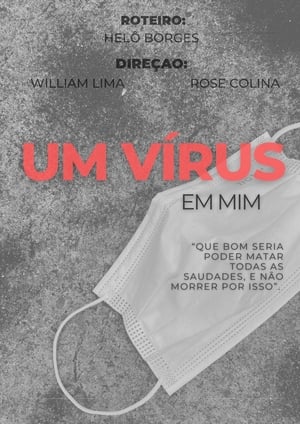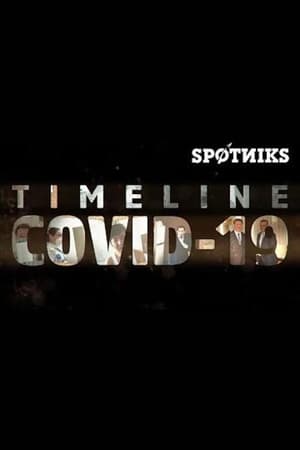

Pandemia(2014)
From as far back as the black plague all the way to the latest Ebola scare we are always a step behind when it comes to our battle against pandemics. The common though of "it needs to break out before we come up with our defense" is being debated. Why not preventive? This documentary delves into the dark scenarios in which not only biological threats but also technological ones like computer viruses could spell the end of humanity as we know it.
Movie: Pandemia

Pandemia
HomePage
Overview
From as far back as the black plague all the way to the latest Ebola scare we are always a step behind when it comes to our battle against pandemics. The common though of "it needs to break out before we come up with our defense" is being debated. Why not preventive? This documentary delves into the dark scenarios in which not only biological threats but also technological ones like computer viruses could spell the end of humanity as we know it.
Release Date
2014-12-05
Average
0
Rating:
0.0 startsTagline
Genres
Languages:
EspañolKeywords
Similar Movies
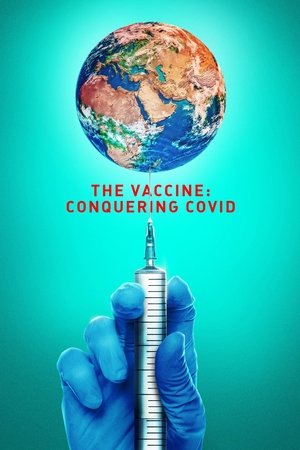 3.0
3.0The Vaccine: Conquering COVID(en)
An in-depth look at the race to develop, manufacture and distribute a vaccine for Covid-19 - which may be the most monumental scientific achievement in modern history. Interviews with some of the main players take you inside the real-life drama as it unfolded.
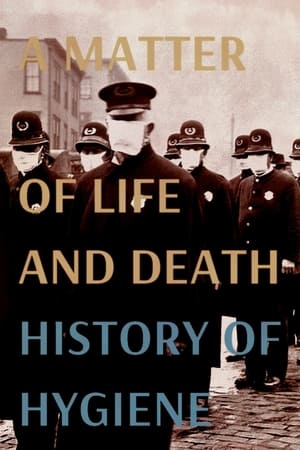 6.5
6.5A Matter of Life and Death: History of Hygiene(de)
Hygienic habits are as old as the various human civilizations; but each era establishes its own customs: whether private or public, everywhere and at all times, methods of personal cleanliness have depended on cultural conventions, religious morals, political ideologies and economic interests; because the control of basic hygiene has also been and is one more tool in the infinite exercise of power over the masses.
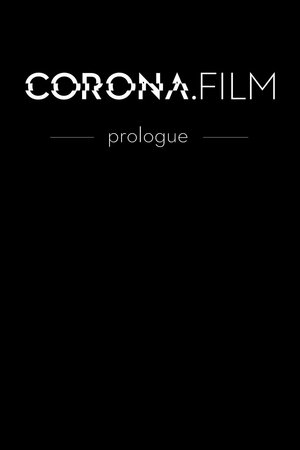 7.9
7.9CORONA.FILM - Prologue(de)
As the first part of our investigation, the CORONA.FILM prologue will delve into the science behind the pandemic. Starting at the very beginning, we shine a light on the responses. The aim is not to point the finger; our aim is to tell the whole story in all its complexity, as we believe that justice cannot prevail if only one side of the story is told.
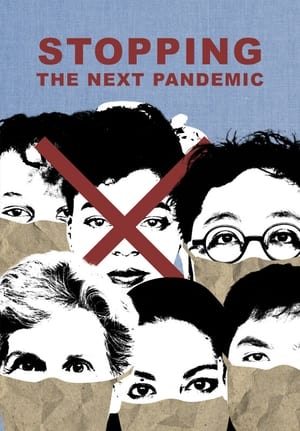 9.0
9.0Stopping the Next Pandemic(fr)
How can we prevent epidemics? Why do viruses and bacteria move? Rather than trying to contain epidemics one after another, why not stop the processes that encourage their emergence? The challenges are enormous, but scientists argue that solutions exist. Because if emerging diseases are the collateral consequences of our lifestyles, our lifestyles are under our control.
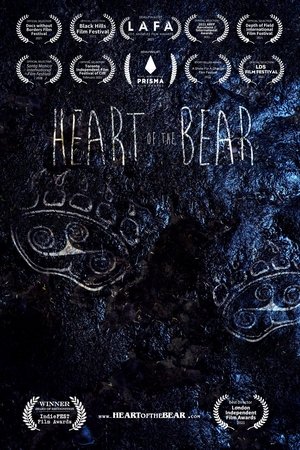 0.0
0.0Heart of the Bear(en)
A woodsman from the Catskills helps a group of people get through the COVID-19 pandemic with a daily livestream.
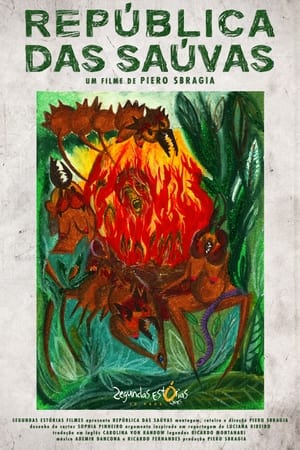 7.5
7.5Republic of Evil Ants(pt)
One of the greatest pests on the planet, the evil ants destroy the forest to protect their family. Memories of the covid-19 pandemic, eroded by ignorance and negationism. What's left in this great country of worms and viruses?
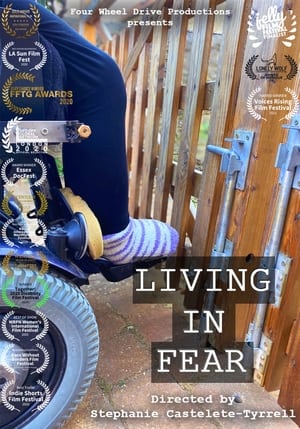 0.0
0.0Living in Fear(en)
Filmed and edited entirely in isolation, Living in Fear is an educational and inspiring documentary directed by myself, Stephanie Castelete-Tyrrell, a disabled filmmaker as I capture the fears and struggles disabled people faced before the government implemented the lockdown on the 23rd March 2020. Thousands of people with disabilities were left in the dark and had to make the call weeks before to lockdown as it was inevitable that we would die if we caught the virus. Food was impossible to access because we couldn't go out or get delivery slots, and even if we did panic buyers made it impossible to get the items we desperately needed. We were truly isolated, unable to have family and friends visit. Having carers coming in and out of the house was risky and many disabled people felt that having basic care was putting their lives at risk.
 6.0
6.0World War C(nl)
It's war. War against an invisible enemy that is not as deadly as we are told. The world is changing rapidly. Disproportionate measures are taken worldwide that disrupt society as a whole. A dichotomy in society forced vaccinations and restrictions on freedom. Have we had the worst? Or is there something more disturbing to awaiting us.
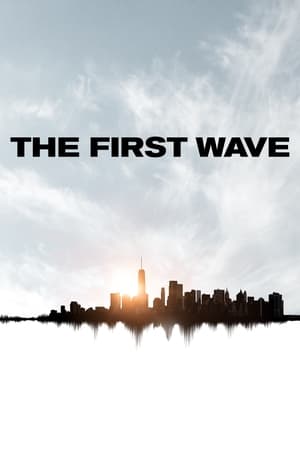 6.8
6.8The First Wave(en)
When Covid-19 hit New York City in 2020, filmmaker Matthew Heineman gained unique access to one of New York’s hardest-hit hospital systems. The resulting film focuses on the doctors, nurses, and patients on the frontlines during the “first wave” from March to June 2020. Their distinct storylines each serve as a microcosm to understand how the city persevered through the worst pandemic in a century
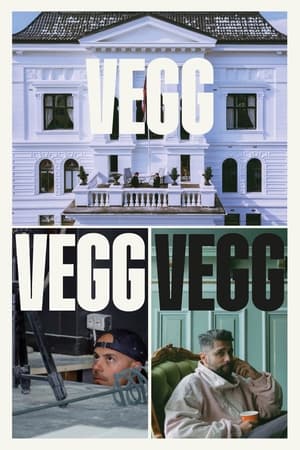 0.0
0.0Vegg Vegg Vegg(no)
Norway's most popular duo Karpe, invest all their money and time in an immersive show to be performed for only 100 people. What is meant as a gift to the fans and a creative awakening after 20 years as artists, almost costs them their careers and their friendship.
 0.0
0.0Saving the Restaurant(en)
During the pandemic-induced lockdowns of 2020, a restaurant owner struggles to maintain his business.
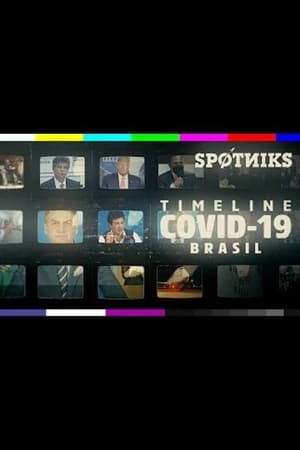 0.0
0.0Muitos líderes em democracias erraram na pandemia. Ninguém errou mais que Bolsonaro.(pt)
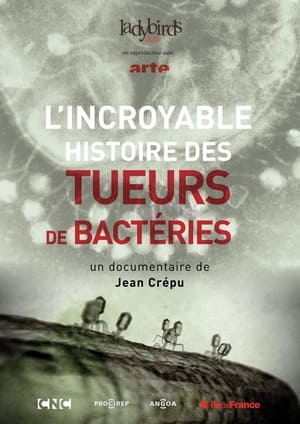 8.5
8.5L'Incroyable Histoire des tueurs de bactéries(fr)
More and more bacteria are becoming insensitive to antibiotics, not least due to excessive drug consumption. According to the EU, this problem could soon become as explosive as the environmental issue - and antibiotic resistance threatens to become one of the main causes of death worldwide. Research must therefore find alternatives - not miracle cures, but permanently effective drugs. There has already been one in the past: One hundred years ago, the French biologist Félix d'Hérelle discovered mysterious "bacteria-eating" viruses, known as bacteriophages or phages for short. He used these to successfully treat bacterial infections before the development of antibiotics, but his method was forgotten again. Is bacteriophage therapy the miracle medicine of the future?
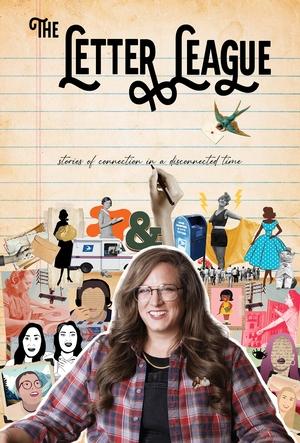 0.0
0.0The Letter League(en)
A short documentary that tells the story of queer artist Heather Spooner and the adult pen pal program she created during the pandemic, featuring the poignant and humorous stories of connection and humanity that came from it.
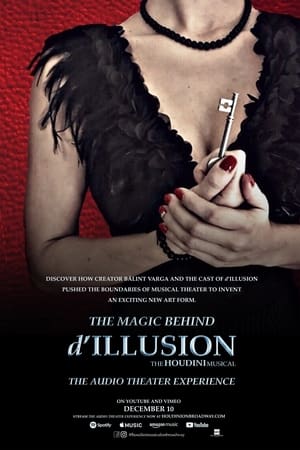 10.0
10.0The Magic Behind 'd'ILLUSION: The Houdini Musical - The Audio Theater Experience'(en)
A special behind-the-scenes look at the making of the audiobook edition of "d'ILLUSION: The Houdini Musical" and how it did its part in helping keep theater and the arts alive during the COVID-19 pandemic.
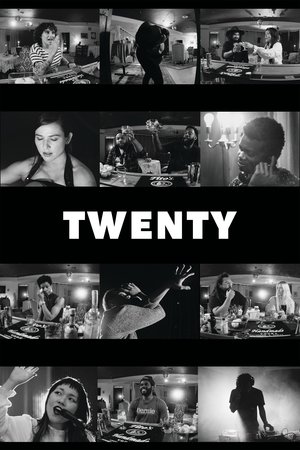 0.0
0.0Twenty(en)
Set in a speakeasy in Atlanta, “Twenty” is a feature documentary about fifteen young people making it through 2020. The film is an observational time capsule that lays bare the raw reflections of a group of people surviving a year that will be seared into our generational memory.
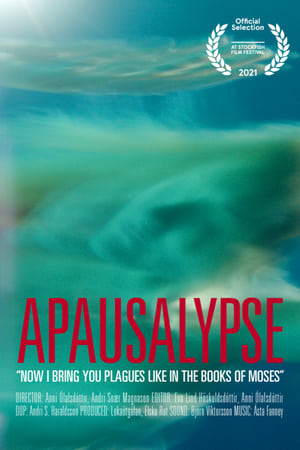 9.0
9.0Apausalypse(is)
After experiencing a certain void when the premier of their film “The Third Pole” was cancelled due to the Pandemic. The film makers decided to go on a journey with their cameraman Andri Haraldsson and capture those strange times.
